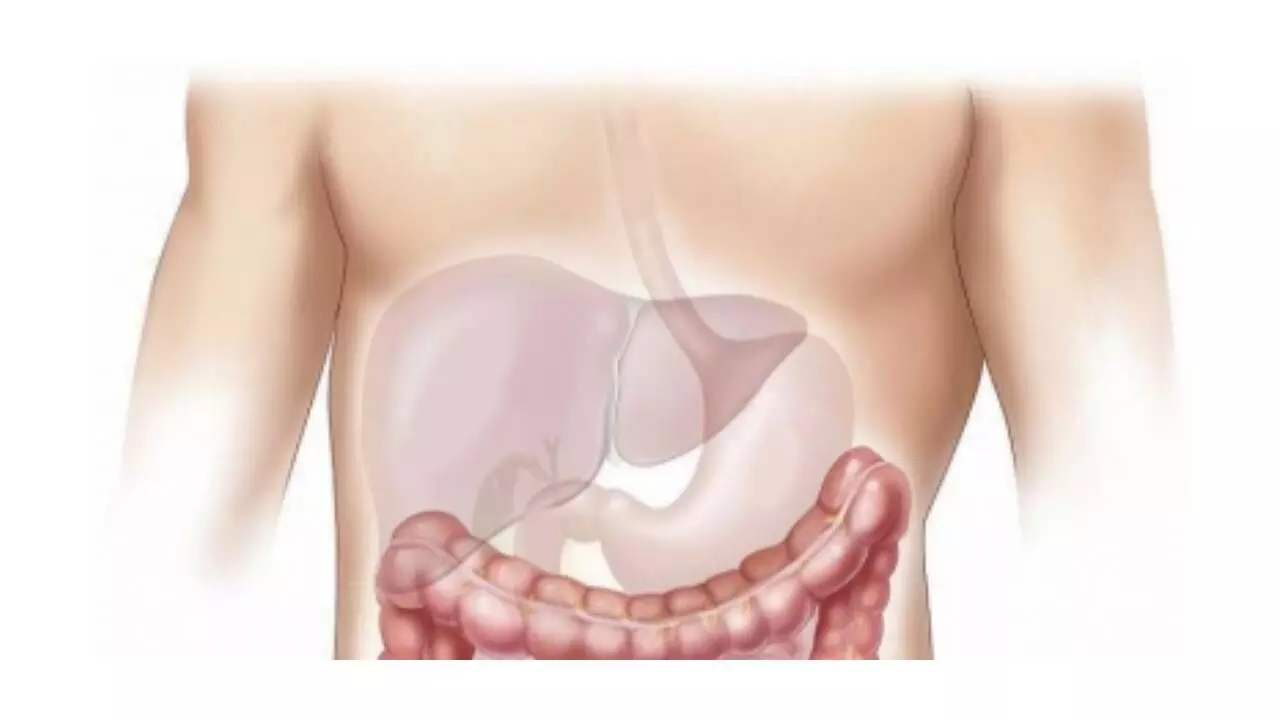Japanese study shows gut hormones key to fight fatty liver disease
A Japanese study has revealed the crucial role of intestinal absorption in the gut in preventing dietary-induced fatty liver disease
image for illustrative purpose

New Delhi, Oct 7: A Japanese study has revealed the crucial role of intestinal absorption in the gut in preventing dietary-induced fatty liver disease.
The accumulation of fats in the liver is driven by high-fat diets and obesity and is becoming an increasingly prevalent global health concern. Characterised by excessive fat accumulation in the liver, this condition poses significant risks for various metabolic disorders.
While much of the existing research has focused on fat metabolism within the liver itself, emerging findings emphasise the critical role of the gut in this complex process.
Researchers from the Fujita Health University in Japan in a mice study explored how key hormones like proglucagon-derived peptides (PGDPs), including glucagon, GLP-1, and GLP-2, impact fat absorption and liver fat buildup.
PGDPs are generally known to be the key hormones that regulate lipid metabolism in the liver.
The study, published in the journal Nutrients, investigated the response of mice to a high-fat diet (HFD) for seven days to shed light on a potential new strategy for preventing fatty liver.
“When we subjected both GCGKO mice (lab-generated mice with a gene that has been inactivated) and control mice to an HFD for one week, the GCGKO mice exhibited a significantly lower increase in hepatic free fatty acid (FFA) and triglyceride levels, along with reduced adipose tissue weight,” said Associate Professor Yusuke Seino from the varsity.
These effects were attributed to a decrease in lipid absorption, despite a reduced fat-burning capacity in the liver.
The findings showed that the absence of PGDPs prevents diet-induced fatty liver by lowering intestinal fat absorption.
Notably, the study also underscored the intricate relationship between diet, hormonal responses, and intestinal microbiota.
The mice fed on a high-fat diet showed notable shifts in gut bacteria, with an increase in Parabacteroides and a decrease in Lactobacillus -- both linked to obesity resistance.
Seino noted that the study showed how “oral dual antagonists of GLP-2 and glucagon could emerge as potential therapies for obesity and fatty liver, especially given their roles in insulin sensitivity and lipid metabolism”.

